The National Space Society (NSS), the American Institute of Aeronautics & Astronautics (AIAA), and the Secure World Foundation (SWF) issue a joint letter on the importance of further elevating and funding the Office of Space Commerce (OSC).
NSS, AIAA, and SWF recognize the importance of orbital debris management and advocate for the long-term sustainability of the orbital environment. NSS is a D.C.-based, international non-profit that is the preeminent citizen’s voice on space exploration, development, and settlement. It publishes the award-winning Ad Astra magazine and leads U.S. space advocacy efforts, including for orbital debris policy. AIAA is the world’s largest technical society dedicated to the global aerospace profession. With over 30,000 individual members and 95 corporate members, it is a major aerospace leader and technical publisher. SWF is an international private-operating foundation dedicated to the secure and sustainable use of space. It is a thought leader in space research and policy analysis and is a permanent observer to the United Nations Committee on the Peaceful Uses of Outer Space (COPUOS).
The millions of pieces of existing orbital debris provide a constant reminder of the Kessler Syndrome—a scenario where colliding space objects cause a cascade that generates exponentially more debris. In the near future we may reach a point when orbital debris pollution prevents human access to space. In Low-Earth Orbit there are already over 26,000 large pieces of debris that could destroy a satellite on impact, over 500,000 marble-sized pieces that can cause serious damage to spacecraft, and over 100 million millimeter-sized pieces that are almost impossible to detect by ground-based tools. Orbital debris jeopardizes space sector infrastructure and operations and space-based applications that are critical for everyday life. These three prominent space organizations support a comprehensive approach to orbital debris management that effectively uses Space Situational Awareness (SSA), Space Traffic Management (STM), mitigation, and remediation.
With regards to SSA and STM, the OSC is well-positioned to centralize and direct commercial debris efforts. Its mission is to foster an economic and policy regime that maximizes the success of the U.S. commercial space industry. Currently, the OSC is both understaffed and underfunded, and lacks a high enough organizational placement to provide the necessary oversight for commercial space activity. The OSC should be elevated to the Office of the Secretary of Commerce. And eventually a Bureau of Space Commerce needs to be established. In tandem to these organizational shifts OSC should be appropriated adequate funding of over $90 million to hire professional staff and create new SSA and STM initiatives.
Dan Dumbacher, Executive Director of AIAA, asserts that “Congress should accelerate efforts on STM to provide stability and certainty, so the commercial sector can continue to innovate and invest in new ventures that continue building a robust space economy.” Dr. Peter Martinez, Executive Director of SWF, strongly believes that “the OSC should be further empowered to represent the commercial industry within the interagency process, while modernizing the oversight process for new commercial space activities.” Anita Gale, Chief Executive Officer of NSS, echoes these sentiments, hoping that “this year brings us a step closer to a sustainable space environment. That stability will enable us to use the vast resources of space for the dramatic betterment of humanity.”

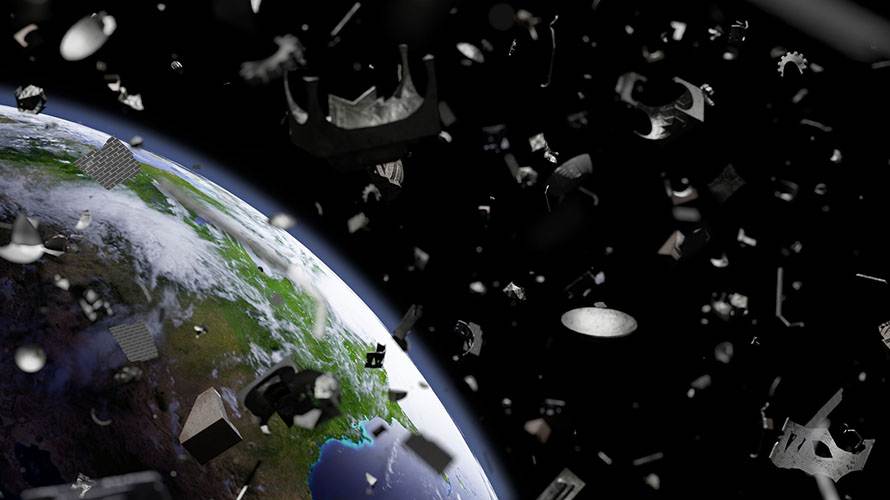
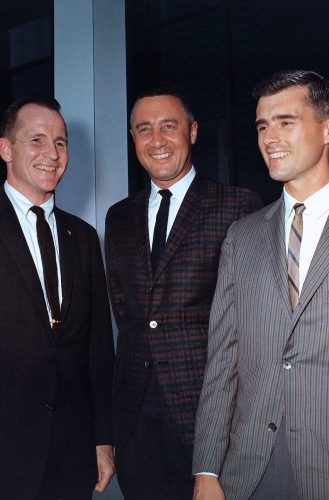
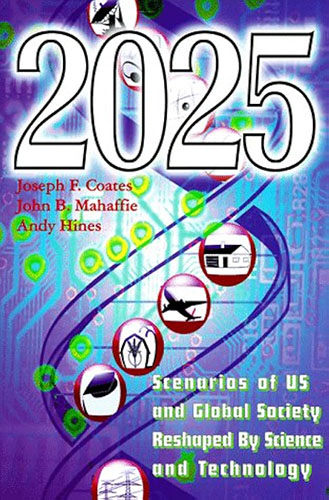

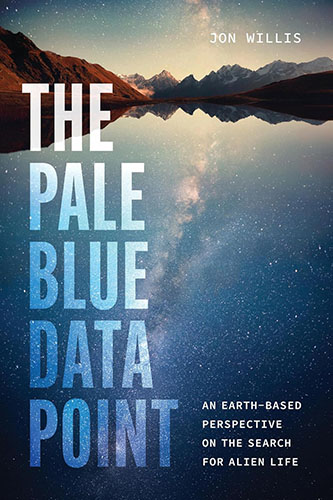
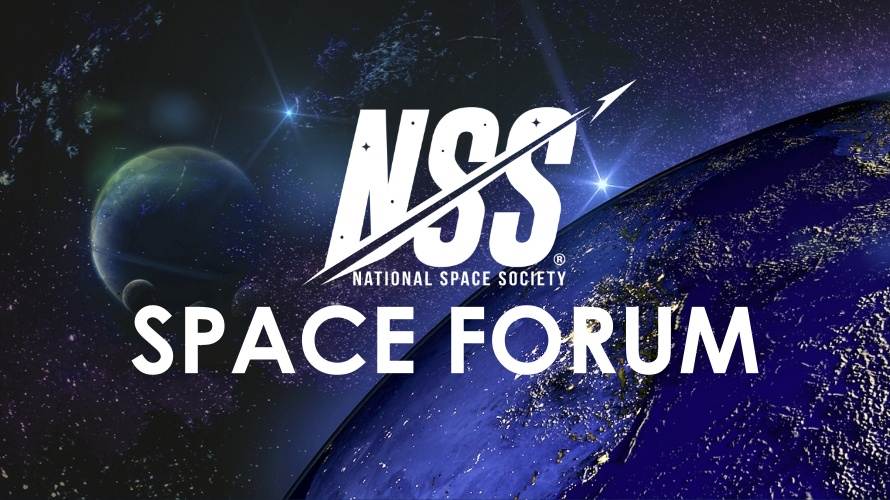
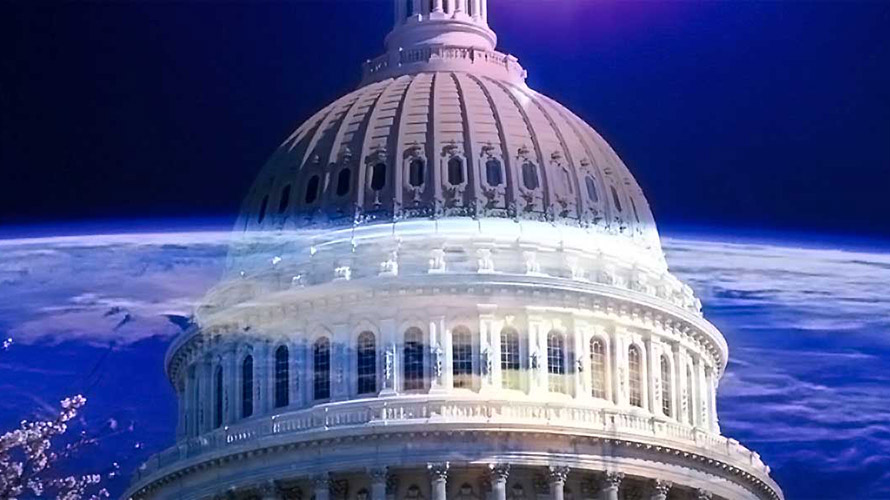
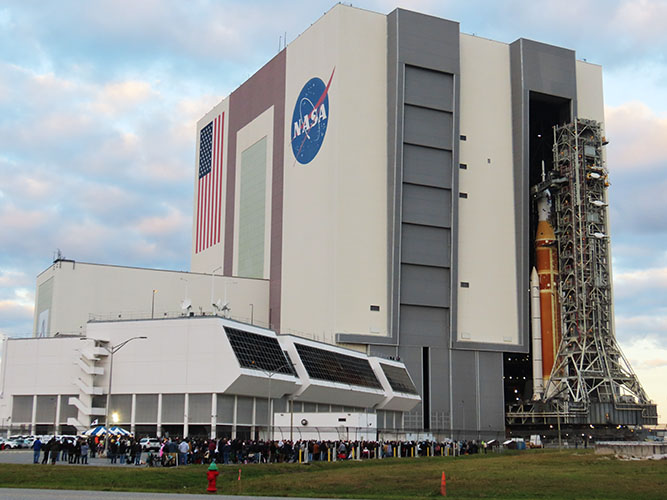

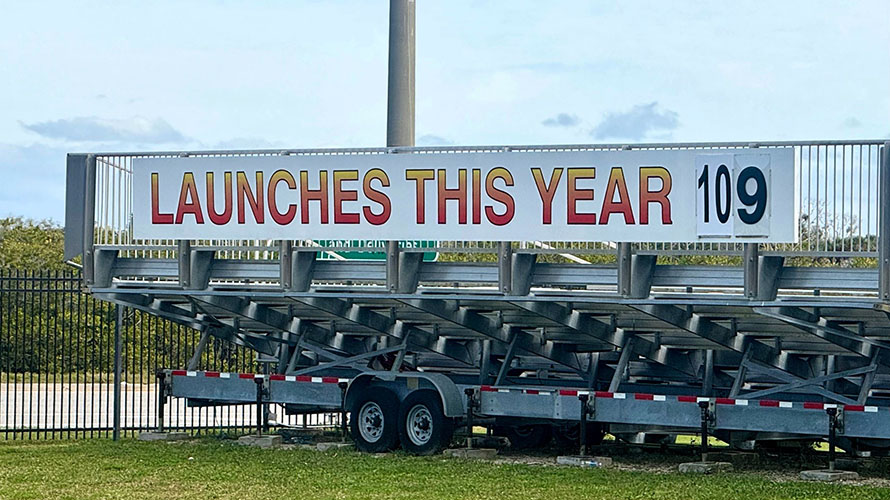


1 thought on “Leading Space Organizations Join in Support of Expanding the OSC’s Role in Orbital Debris Management”
I am delighted that The National Space Society (NSS), the American Institute of Aeronautics & Astronautics (AIAA), and the Secure World Foundation (SWF) issue a joint letter on the importance of further elevating and funding the Office of Space Commerce (OSC).
The fact that NSS, AIAA, and SWF recognize the importance of orbital debris management and advocate for the long-term sustainability of the orbital environment is encouraging. I hope our government policy makers act on solving this problem in a timely manner.
And I recommend that a similar joint letter be considered for elevating and funding US Space Solar Power activities.